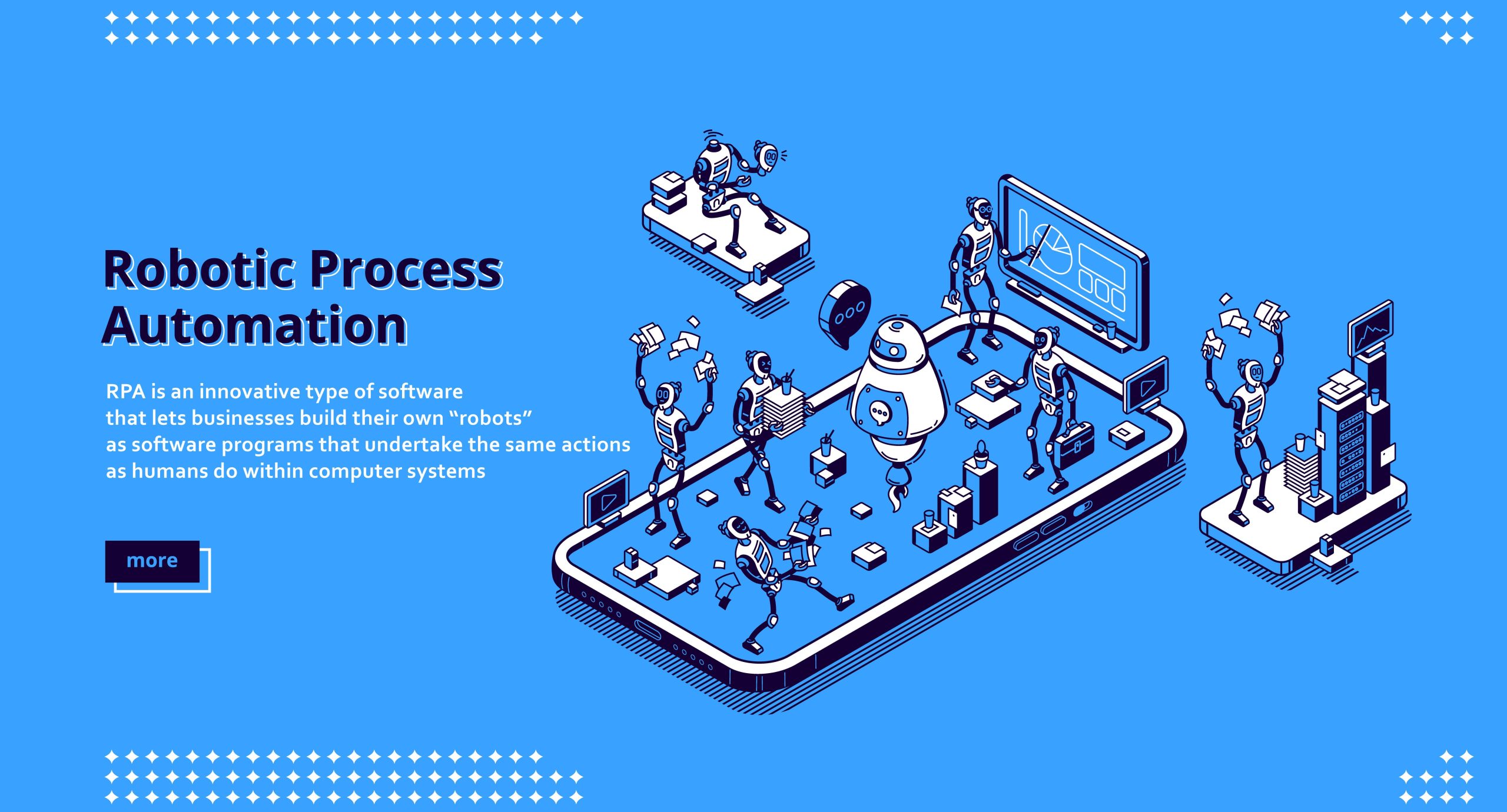Over the many centuries, since the first formal banking institutions emerged in Renaissance Europe, the average person has developed a complicated relationship with these organizations. We don’t need a history lesson to know that banks are a vital part of daily life, but few people think of their banks in a purely positive light.
Customers need the services the banks provide to navigate modern society, creating a relationship of dependence rather than one built on trust. Although there are still millions of “unbanked” households, most people and businesses today rely on banks for critical services — services where errors can have costly effects.
Given the high degree of importance financial services have, banks need to have guardrails in place to protect consumers, avoid errors, and deliver positive experiences. That’s easier said than done. Especially in high-stress, high-demand work environments such as those found in the finance sector, employees can become fatigued and more error-prone. Addressing these concerns has been a long-standing issue for banks.
Today, technology continues to change the game. New tools, especially those focused on automation, could provide the transformative effects necessary to improve operations, save money, and yield better outcomes. Chief among those technologies is RPA, short for “robotic process automation.” What is precisely RPA, and why is it a good solution for finance?
What is Robotic Process Automation?

RPA is an innovative type of software that lets businesses build their own “robots” as software programs that undertake the same actions as humans do within computer systems. If a task involves a human navigating a user interface, moving data from one place to another, or any other similar tasks, an RPA robot can follow those same steps precisely.
When properly applied, RPA can offer end-to-end automation for workflows that are entirely based on a set of inflexible, unchanging rules. Variations in the process that cause exceptions, or highly changeable user interfaces, don’t let RPA robots perform at their best. In the ideal conditions, however, they can carry out the same tasks as their human counterparts without the need to sleep or take breaks.
Businesses can apply RPA in multiple ways. They might use it to automate some elements of customer-facing services, such as making it easier for staff to retrieve and review important records. Software robots might carry out essential “behind the scenes” housekeeping tasks with critical data. The only limitations are the rules-based restrictions and the imagination of a corporate automation team.
The Potential Impacts of RPA on Banking and Finance
So what does RPA have to do with banking? The answer to that question is easy: quite a lot. Finance offers a rich set of use cases for software robots. With many advanced platforms out there, such as the Kofax Robotic Process Automation tool, finding solutions that adapt to a bank’s specific demands isn’t a troublesome task, either. Consider that the banking world never sleeps, and customers may require support anytime. Some of the best applications for RPA in finance include deployments that positively impact a customer’s experience with the bank.
Human staff members can become tired, stressed, and overwhelmed by heavy workloads. The result is often a degraded customer experience, slower work, and a larger volume of mistakes, which ultimately impact the bottom line. Augmenting these staff members with robots that work alongside them can reduce workloads, improve employee morale and lead to better results across the board. Staff can more rapidly access the information they need or update customer records without delay. Without the need for employees to focus on repetitive tasks, it is possible to redirect talent to more high-value work.
Going Beyond Personnel: Big Picture Benefits
While happier staff and customers are important for a bank’s success, RPA can more broadly facilitate business process transformations that allow for longer-term strategic thinking. As a part of a considerable “intelligent automation” push that incorporates other tools, banks could even develop a sharper competitive edge by working faster and identifying opportunities sooner.
RPA can assist banks with back-office work, such as the tedious yet vital efforts related to anti-money laundering and fraud prevention. When specific actions or data sets meet the right rules, robots can ensure the appropriate human staff member sees the issue and works towards a resolution without delay. RPA can even help the bank make money by streamlining credit card or loan application processes. By removing the friction in common and repetitive business processes, banks have room to make immense improvements.
Why Banks Should Seize the Value of RPA Today
Now is perhaps the best time for financial businesses to take a serious look at automation. There are many options for mature RPA platforms to choose from, but the future also holds even more exciting opportunities. The growth of machine learning and AI solutions will likely soon have a broader impact on banks. In many ways, that’s already happening right now.
From improving customer-facing outcomes to reducing the burden on overworked employees and eliminating costly human errors, the benefits of using RPA in finance are numerous. As a fundamental element of a broader strategy to embrace intelligent automation, it’s an excellent “ground floor” investment that sets the stage for even bigger future improvements. Don’t get left behind as the next generation of work technologies transform this industry.

